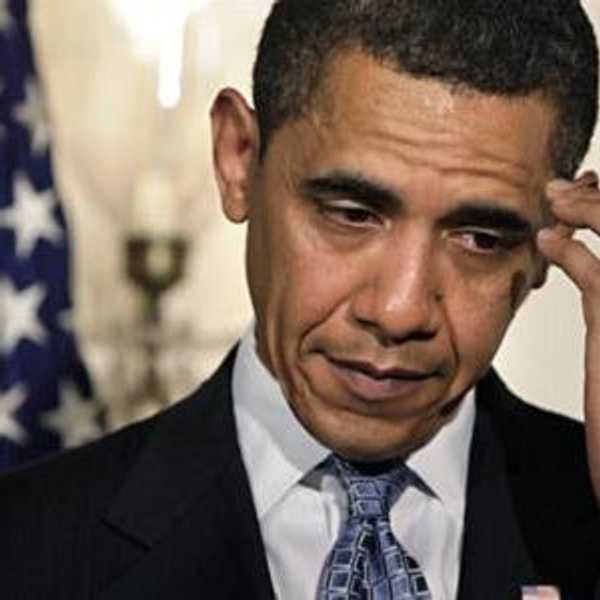This is a recount of my own journey of self-discovery in my faith and beliefs, and how I’ve realized they don’t have to be at odds. As a reader, you have every right to disagree with what I say, but you cannot invalidate my experience with my faith and my understanding of it. This is how I have come to understand my loving God, and this complicated thing called life and the choices we have to make in it.
Let me start by saying pro-choice does not mean pro-abortion. Just because I am pro-choice does not mean I advocate abortion, it means I’m not going to impose my beliefs on someone else by law. Pro-choice means women have the right to choose. You know why? Because in the end I believe their choices are between them and God, and we as imperfect humans have no right to judge them. You remember all those bible verses about judging? It amazes me how quickly people forget that Jesus never surrounded himself with perfect people; his best friends were liars, whores, drunks. He never judged, he let people make their own decisions, example A: Judas.
In my research, I came across an article titled "Pro-Choice Does Not Mean Pro-Abortion: An Argument for Abortion Rights Featuring the Rev. Carlton Veazey." The article focuses on Rev. Carlton Veazey, a pastor of 33 years and the president of the Religious Coalition for Reproductive Choice, based in Washington, D.C. Veazey answers a lot of tough questions, and explains his experience seeing poor black women in his community struggle in the era before Roe v. Wade. He says today we understand that men and women are "moral agents and equipped to make decisions about even the most difficult and complex matters. We must ensure a woman can determine when and whether to have children according to her own conscience and religious beliefs and without governmental interference or coercion." Veazey goes on to explain how God gave us free will, and how it is up to us to decide what we do with that gift.
I first started to realize I had a dilemma when my church began organizing protests and picket lines around the (last) abortion clinic in my city. While these protests were peaceful, can you imagine how horrified those women must have felt, with a crowd to look on a decision that probably wasn’t easy for them? Or maybe it was easy. The point is we don’t know. So how dare we stand outside and gawk at them for it? You never know the circumstances that put someone in that place. But you know who does? The Big Guy upstairs, and like I’ve said before, it’s between them. I don’t know about you, but the God I believe in is loving and merciful.
An anonymous blogger on Daily Kos expressed similar sentiments to my own in her Op-Ed piece "I am Pro-Choice, Not Pro-Abortion":
"I am pro-choice, not pro-abortion. I don't want women to have abortions. I don't think anyone, save the sickest, most twisted and perverse among us, wants women to have abortions. But neither do we want women to bear the babies of rapists or those who perpetrate acts of incest. Nor do we want babies born to women who don't want them and would abuse them if they had them. (Not everyone can or will "step up.")
We don't want to find dead babies in trashcans. We don't want children having children, regardless of the reason. We don't want botched self-abortions or Mexican abortions or abortions done by some back alley quack—too many women have died from a lack of access to safe, legal abortion. Many of us believe that 'right to life' extends to the mother. We trust that most women know how to make the best decisions for themselves and their lives."
She is right. If abortion is illegal, that does not mean abortions will stop. So how do we fix the problem? An answer I think both sides can agree on is prevention. What would happen if women at risk for unintended pregnancies received the birth control of their choice at no cost? The national abortion rate would plummet, according to a study conducted by researchers at the Washington University School of Medicine in St. Louis and published in the journal Obstetrics & Gynecology.
“[C]hanges in contraceptive policy simulating the Contraceptive Choice Project would prevent as many as 41 percent to 71 percent of abortions performed annually in the United States,” the study’s authors wrote.
Let me just say, I would never personally get an abortion, because of my faith and what I believe in. But I also understand that other people do not have the same beliefs that I do. And I believe people should have the right to make their own decisions. Because our world is not black and white.
So in the end, my faith is not at odds with my support of reproductive rights. In fact, it is through my faith that I have come to respect the dignity of every person. People are not perfect and we have a God that loves us despite that. And I think that is pretty great.





















